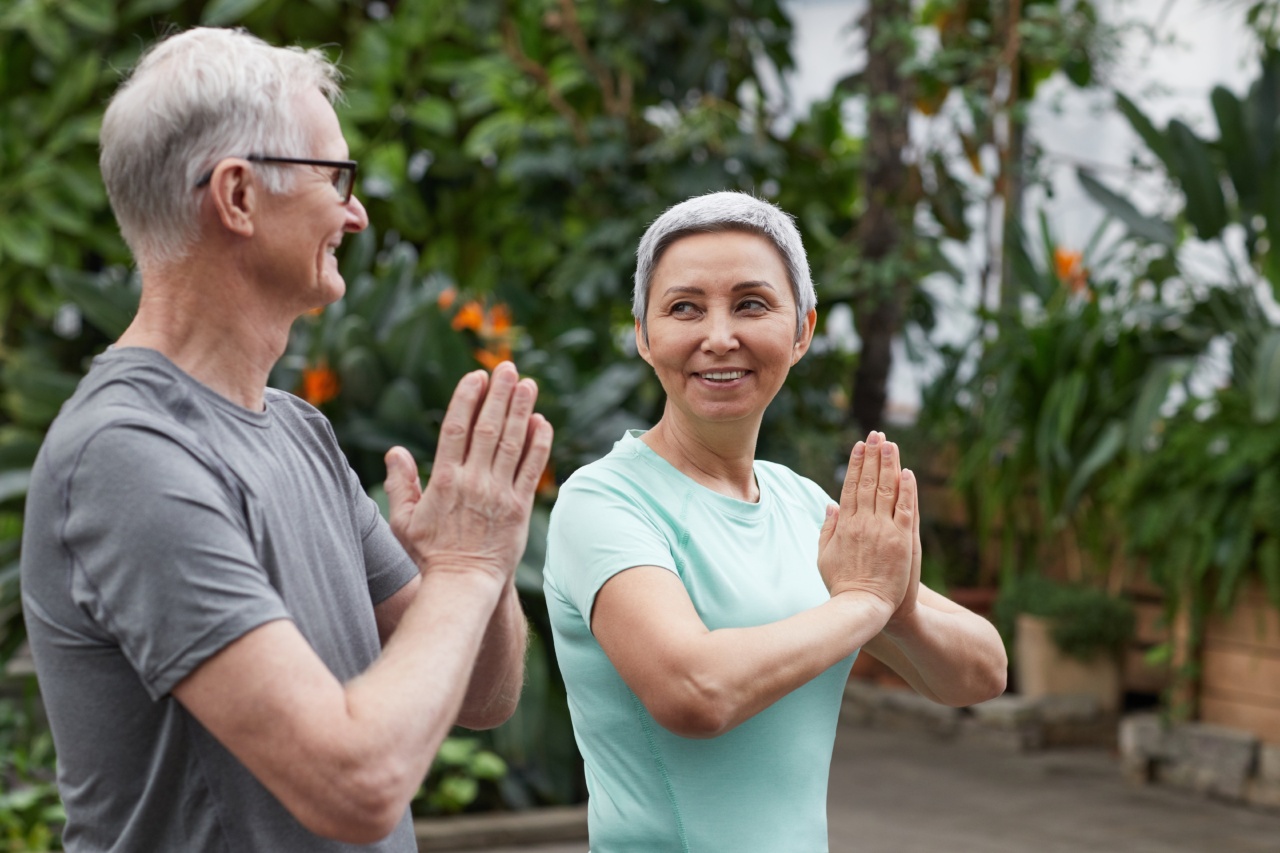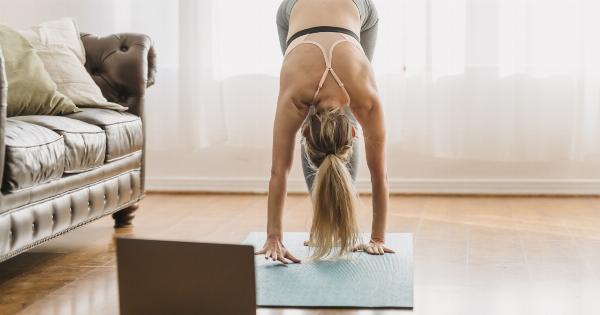We all know that our body posture can affect the way we present ourselves to the world, but did you know that it can also have a significant impact on our mood? In fact, research has shown that our body posture can have a profound effect on our emotions, behavior, and overall sense of well-being.
What is body posture?
Body posture refers to the position of our body while we are standing, sitting, or walking. It encompasses the position of not only our spine but also our limbs, head, and neck.
Good posture can be described as the alignment of our body in such a way that the least amount of stress is placed on our joints and bones. In other words, good posture means that we are using our body efficiently, and this can have a positive effect on our mood.
How does body posture affect our mood?
Your body posture can have a direct impact on your mood, your emotions, and your overall sense of well-being. Here are some ways body posture affects your body, which can result in changes in your emotions and behavior:.
1. Breathing and oxygen intake
The way we breathe is directly influenced by our body posture. When we sit or stand hunched over, we compress our diaphragm and reduce the amount of oxygen we take in. This can lead to feelings of anxiety, depression, and fatigue.
On the other hand, when we sit or stand up straight, we allow our lungs to expand, and we can take deep, full breaths. This can result in increased feelings of energy and positivity.
2. Hormone levels
Our hormone levels are also influenced by our body posture. When we sit or stand with good posture, we release more of the hormone testosterone. This hormone is associated with feelings of confidence, assertiveness, and empowerment.
On the other hand, when we slouch or slink, we release more of the stress hormone cortisol. This hormone is associated with feelings of stress, anxiety, and depression.
3. Perception and self-esteem
Our body posture can also affect how we perceive ourselves and how others perceive us. When we stand tall and present ourselves in a confident manner, we are more likely to feel confident and positive about ourselves.
This, in turn, can lead to increased self-esteem and feelings of motivation. However, when we slouch or slink, we are more likely to feel insecure and uncomfortable in our own skin. This, in turn, can lead to a decrease in self-esteem and motivation.
4. Brain function
Finally, our body posture can also affect the function of our brain. When we stand or sit up straight, we activate the prefrontal cortex of our brain. This region is responsible for planning, decision-making, and self-control.
When we slouch or slink, we activate the amygdala, which is associated with fear and anxiety. This can result in decreased cognitive function and an inability to concentrate.
How can we improve our body posture?
Improving your body posture can have a significant impact on your overall sense of well-being. Here are some tips to help you improve your posture:.
1. Find a comfortable position
The first step to improving your posture is to find a comfortable position. If you are uncomfortable in your seated or standing position, you are unlikely to be able to maintain good posture for long periods of time.
Experiment with different positions until you find one that feels comfortable for you.
2. Align your spine
The next step to improving your posture is to align your spine. This means that you should sit or stand in a way that allows your spine to be straight and elongated.
Some people find it helpful to imagine a string pulling them from the top of their head, keeping their spine straight.
3. Engage your core
Engaging your core can also help improve your posture. This means that you should tighten the muscles in your abdomen and buttocks to support your spine.
When you engage your core, you will find it easier to maintain good posture for longer periods of time.
4. Take breaks
It’s important to take breaks throughout the day to avoid fatigue and discomfort. Get up and stretch every 30 minutes or so to keep your muscles flexible and your joints mobile.
Taking regular breaks will also help you maintain good posture throughout the day.
Conclusion
It’s clear that our body posture has a significant impact on our mood, emotions, and overall sense of well-being. By maintaining good posture, we can improve our breathing, activate our brain function, and increase our confidence and self-esteem.
By following these tips to improve your posture, you can take control of your mood and experience improved feelings of happiness and well-being.






























